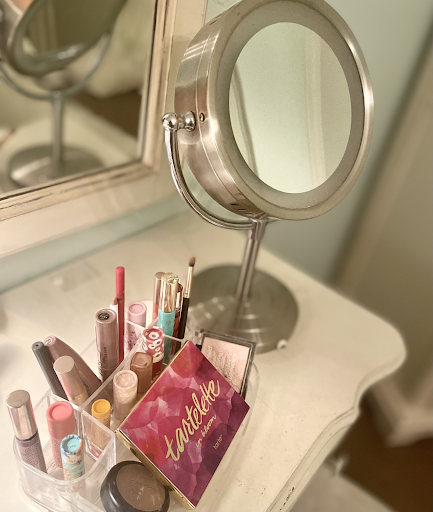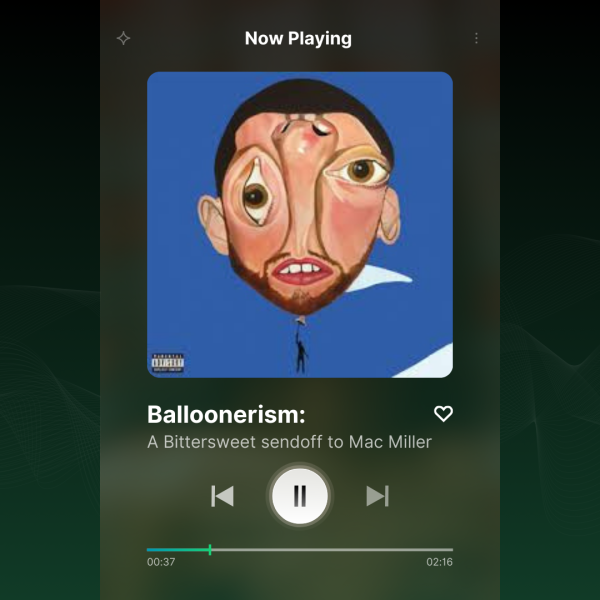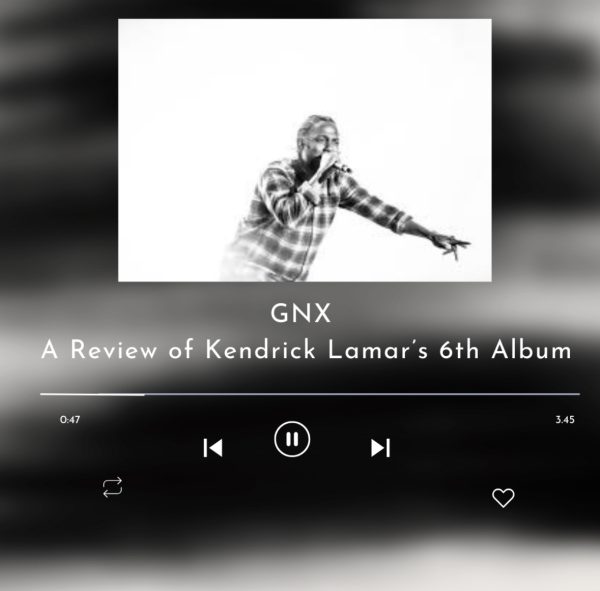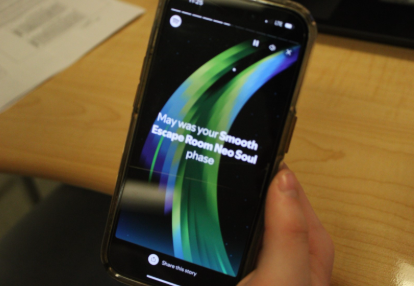Cancel Culture is Necessary to Grow as a Person
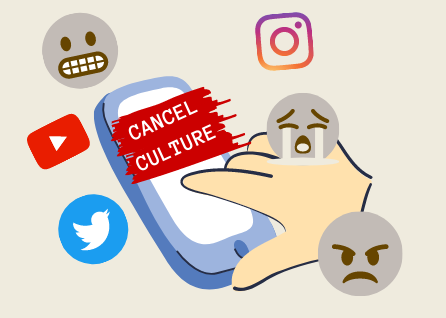
Opinion Editor and Staff Writer Victoria Williams share her perspective on the positive impacts of cancel culture.
Everyone makes mistakes and the results of our actions can have minor or major consequences. In today’s age, when someone makes a mistake they can potentially get cancelled. Getting “cancelled” can be taken or perceived in many different ways.
A Positive Perspective of Cancel Culture
Cancelling someone isn’t to demonize them or make them feel like less of a person, but it’s to enlighten them, help them understand, and help them acknowledge their mistakes so they can better themselves. Spreading awareness about controversial topics such as issues that involve the LGBTQ+ community, races and ethnic backgrounds, and other triggering subjects is very important. With the spreading of awareness, society’s perspective has been broadened and awareness has increased. Therefore, “cancelling” someone or calling a person out when they’re being offensive is a part of today’s cultural norms.
Nevertheless, it’s important to allow time for growth. After educating them on their mistakes, one should not repeatedly bring up a person’s past actions. This isn’t helpful to anyone.
PWCS Student Share their Thoughts on Cancel Culture
Some students in Prince William County chimed in on cancel culture.
“I feel like when people cancel someone, it’s usually for a good reason,” said Kearstin Safford (’24) student at Gainesville High School. “Examples I have seen are when influencers and well known people get called out for racism, homophobic/transphobic comments, and overall just rude negative things that really shouldn’t be said. There are different effects for people whether they’re famous or ordinary but canceling can ruin someone’s reputation if things get far enough.”
Juli Ross (25′) from Patriot High school holds the same sentiment.
“I think educating people is helpful, but cancelling is harsh,” Ross said. “If tons of people go at one person for making a mistake, that’s obviously going to really hurt the mental health of the person being cancelled.”
Reflecting on ‘Cancelled’ Celebrities
Examples of people getting cancelled, or called out for that matter, for actions that were offensive and cruel are: Dababy; for making nasty comments on gay men and HIV’s; David Dobrik; for sexual allegations and when apologzing, underlining the situation and not showing sympathy nor respect to the victims who were effected; James Charles; for allegedly grooming a teenage boy who was a minor; and most recently, Dave Chappelle; for transphobic comments said during Netflix documentary series The Closer. There are plenty of other issues with other celebrities who’ve gotten called out for their wrong-doings but these are the most recent.
Learn From Your Mistakes
In closing, whether you’re joking with friends or having a serious conversation with anyone, you should always consider if what you’re saying will affect them in any way. Be very cautious, aware, and educated when talking about controversial topics with your peers and people around you. It is beneficial to make sure you research before you speak or believe strongly in a topic.
Remember. If you do end up getting called out for anything you’ve said or done that was or is offensive to a certain race, group of people, gender, etc., be sure to acknowledge your wrong doings and work hard to improve and enlighten yourself as well as the people around you. It’s important to get rid of the expectation of being forgiven. Just focus on being genuine and sincere and if possible, give back to that community or group of people and with your apology, make sure you apologize to the right person/people.
Many of us have said or done things that we regret but it’s important that we use our mistakes as a motivation to learn, grow, and do better.
Your donation will support the student journalists of Patriot High School. Your contribution will allow us to purchase equipment and cover our annual website hosting costs.

